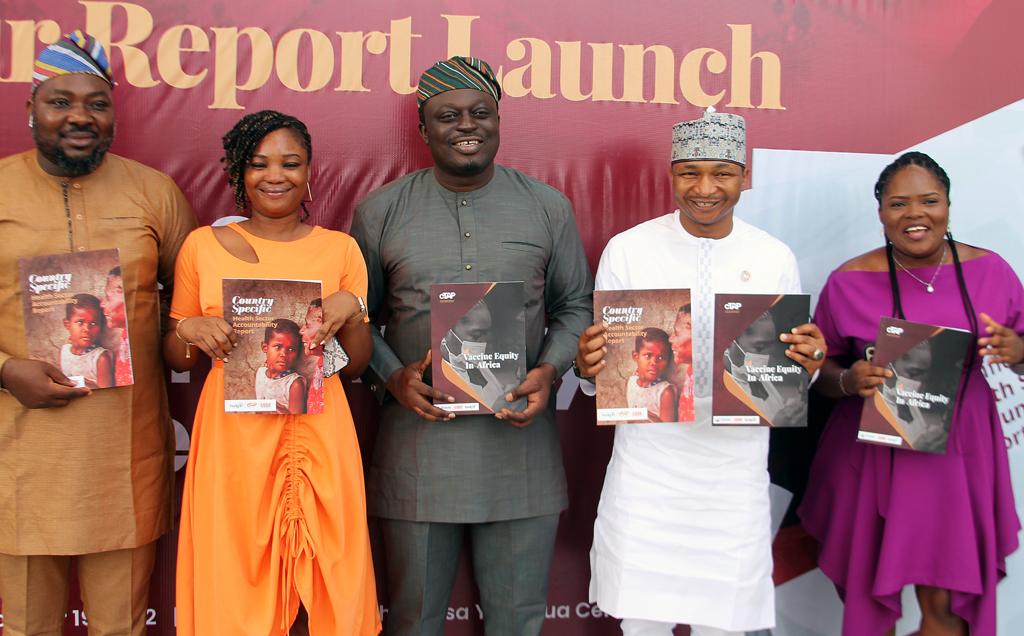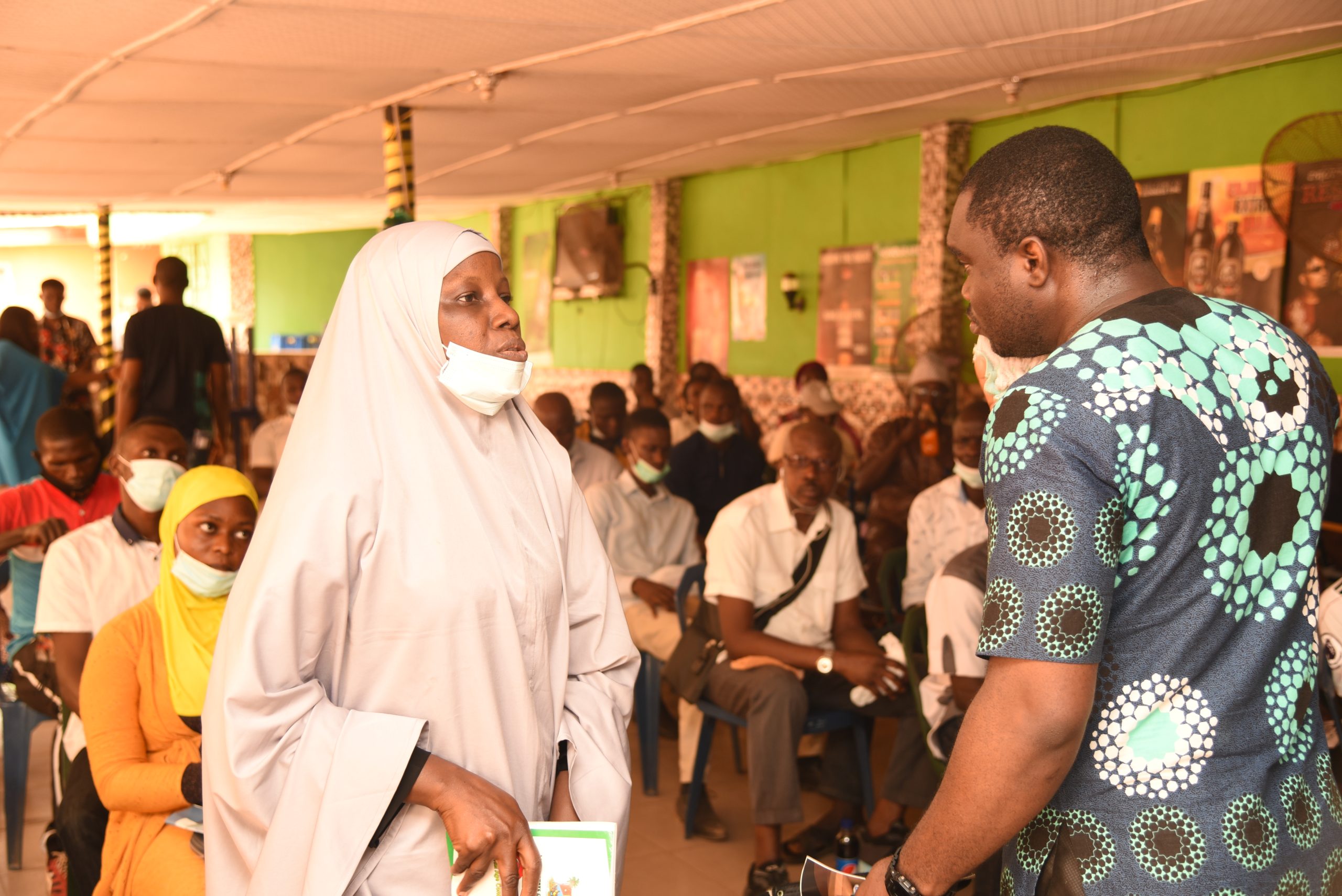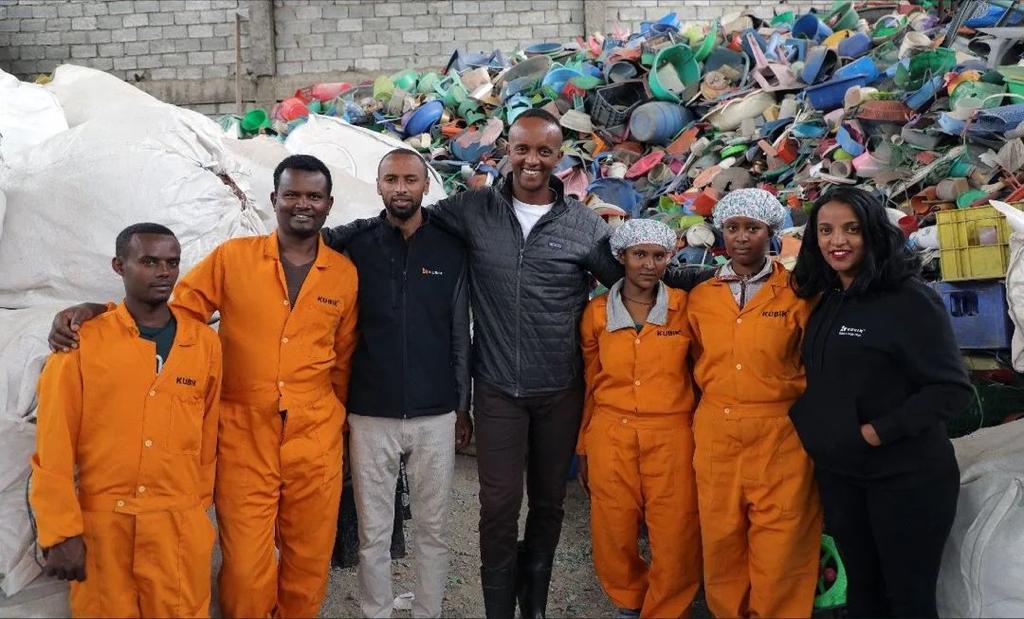While it is true that corruption is a global scourge, it is also true that Africa remains one of the regions of the world most affected by this phenomenon. This has led some African governments to take steps to expose and combat the problem, and the same desire for transparency is driving the actions of many citizen organisations. This is the case of BudgIT, a Nigerian startup that uses technology to give people access to information on public spending. This is a way of making the country's government aware of its responsibilities and getting it more involved in this fight. We tell you all about it in this Fanaka Story!
Technology for civic responsibility
The fight against corruption requires, among other things, the strengthening of preventive measures within the administration, and making the authorities aware of their impact and face up to their responsibilities. With this in mind, two young Nigerians, Oluseun Onigbindea graduate of Abeokuta University of Agriculture and a former bank employee, and Joseph Agunbiadea physics graduate from the Federal University of Technology in Minna, decided to found the startup BudgIT. The company focuses on interactive applications to improve civic discussion and institutional reform.

BudgIT is the first startup to expand in Nigeria's leading technology hub, Co-Creation Hub. It presents itself as a civic organisation that uses technology to enlighten, but above all raise awareness of key issues such as fiscal inclusion and other extractive resource issues, with the aim of strengthening transparency between elected officials and citizens.
Since its inception in 2011, the small innovative company has grown well and has managed to attract a good number of investors. Among others, it has received more than 500,000 $ in funding from foundations and organisations such as the Indigo Trust, the Mac Arthur Foundation, OSIWA, and the US State Department.
In January 2017, it obtained an additional grant of 3 million dollars from Omidyar Network and the Bill & Melinda Gates Foundation. To carry out its various missions, the Nigerian start-up also relies on its partnership with civil society, the media, the budget office and public institutions.
Promoting good governance in Nigeria
To encourage better governance in Nigeria, Oluseun Onigbinde's startup is developing a web and mobile phone platform for Nigerians to view government spending. The platform currently has more than 5 million visitors, who can also post photos of their development projects.

BudgIT also launched Tracka in 2014, a tool whose mission is to track the implementation of government projects in individual communities. Available in 20 states, Tracka also allows BudgIT project managers to help people by engaging them with their elected officials to learn more about the success of government projects in their neighbourhoods.
In an effort to expose and combat corruption, the Nigerian government, and more specifically the Ministry of Budget, has enlisted the services of BudgIT to shed light on the management of expenditure in the country's mining industries. "The aim is to ensure that every Nigerian citizen is able to understand how public finances are being used," said Seun Onigbinde at the startup's launch.
Today, it seems that this goal is well on its way to being achieved. Indeed, over 8,000 unique data requests from entities, private individuals and development companies have already been processed by BudgIT, which is now establishing itself as a reliable hub for the use of public finance data in Nigeria.
Since its launch in Nigeria in 2011, the BudgIT platform has established itself as an application that actively contributes to the fight against corruption and lack of transparency in public administrations. With Africa's youth becoming increasingly demanding and politicised, this kind of useful initiative for good governance will perhaps multiply in other African countries.





